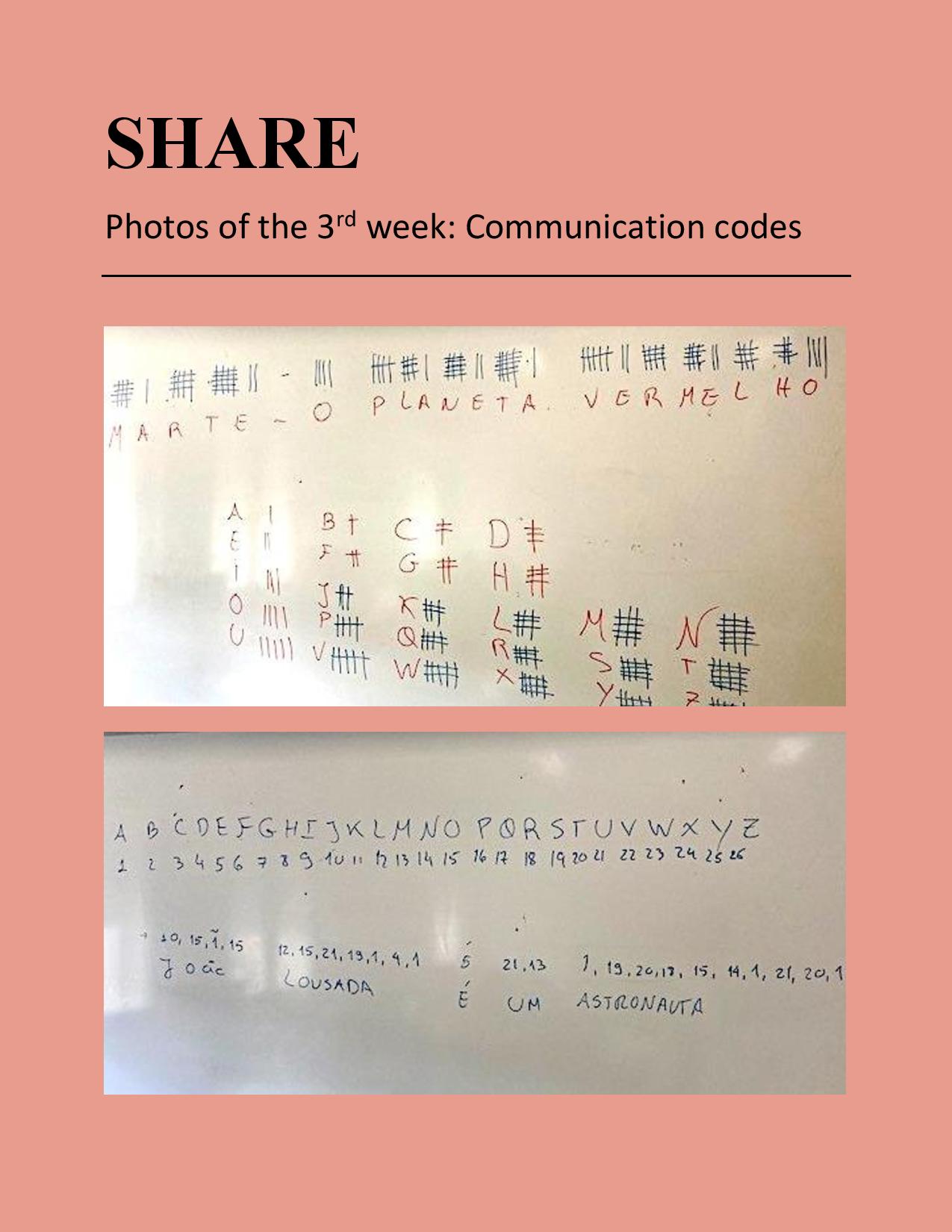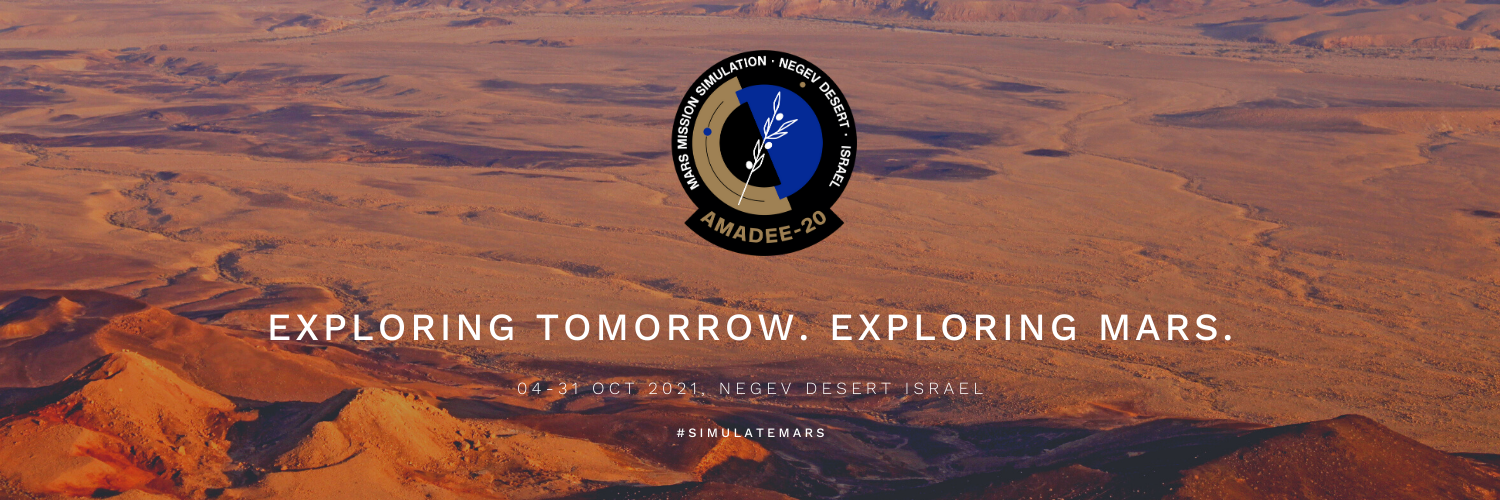
WHAT IS AMADEE-20?
AMADEE-20 is a Mars analogue simulation of a field mission to Mars that will took place in Israel's Negev Desert. This location was chosen because it is analogous to what is expected to be found on Mars - hence the name analogue mission. The expedition was led by a Mission Support Centre based in Austria.
The mission had the Portuguese João Lousada as Commander and began on 4 October 2021, during the World Space Week. João Lousada led a field crew that included 5 other highly trained analogue astronauts. Together, they carried out more than 20 scientific experiments with the aim to prepare future human and robotic exploration missions on Mars.
The expedition ended on 31 October. During these 4 weeks, the astronauts were isolated from the rest of the world at their base in the desert. There was on-site support, but they did not have direct contact with the crew. This mission was supported by 200 researchers and there are more than 25 countries involved in this project.
AMADEE-20’s analogue mission is the result of a collaboration between the Austrian Space Forum ( OeWF ), the Israeli Space Agency ( ISA ) and the Israeli analogue space research centre D-MARS (Desert Mars Analog Ramon Station).
Mission period: 4- 31 October, 2021
Mars analog location: Negev desert, Israel
SEE VIDEOS
ESERO PORTUGAL COLLABORATION WITH SCHOOLS
In the scope of the celebrations of the World Space Week, ESERO PT challenged teachers and students of different school levels to work on one of the experiments that were carried out by the crew of AMADEE-20. The videos of the projects developed by the students in the classroom were shared weekly in this page.
In parallel, during these 4 weeks, we shared videos of the logbooks recorded by AMADEE-20 crew. We also published videos of some researchers involved in this project.
At the end of the mission, ESERO PT will also organize a webinar or an online session about the project with the participation of João Lousada. The event will be open to all.
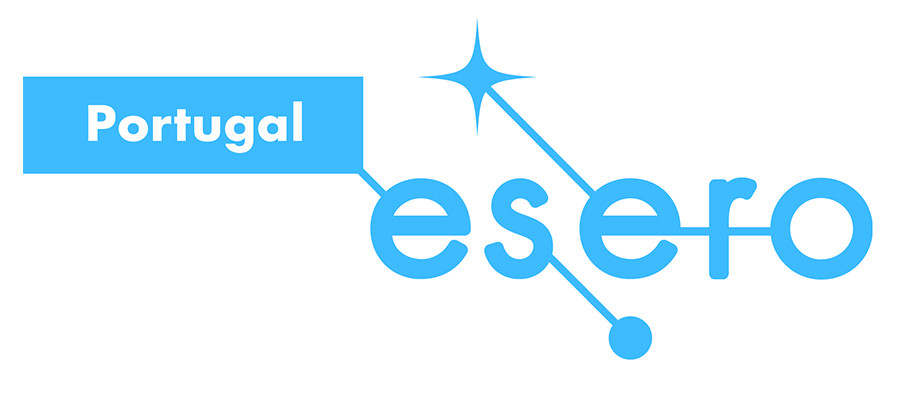
AMADEE-20 ANALOGUE ASTRONAUTS
The selected analogue astronauts are highly qualified experts who were trained by the Austrian Space Forum. The Commander of this international crew was the aerospace engineer João Lousada from Portugal, an experienced analogue astronaut who already participated in two previous Mars analogue missions in Austria (2015) and Oman (2018).
The Austrian Space Forum has chosen these experts from its international pool of 13 certified analogue astronauts. Currently the Austrian Space Forum is the only organization worldwide to conduct this challenging and highly specialized analogue astronaut training.
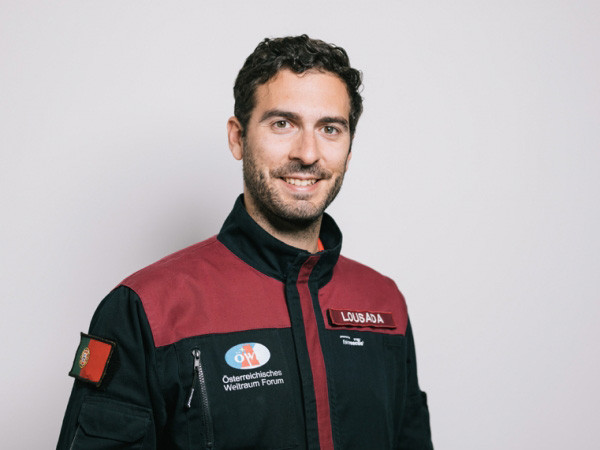
João Lousada
Portugal | ISS Columbus Flight Director, certified parachutist and master scuba diver

Iñigo Muñoz-Elorza
Spain | Training Manager at the Galileo Control Centre, certified skydiver, paraglider pilot and diver
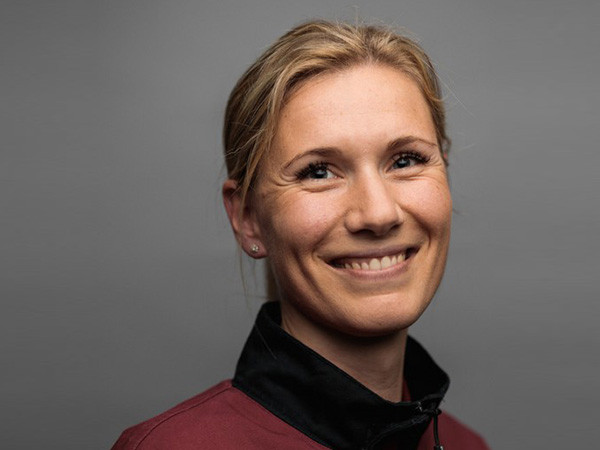
Anika Mehlis
Germany | Microbiology, Engineering for Environmental Technology and Recycling, open water diver
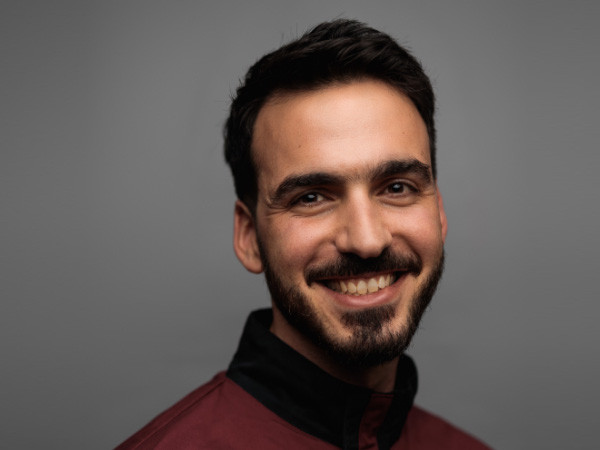
Alon Tenzer
Israel | Mathematics, Computer Science and Aviation Science
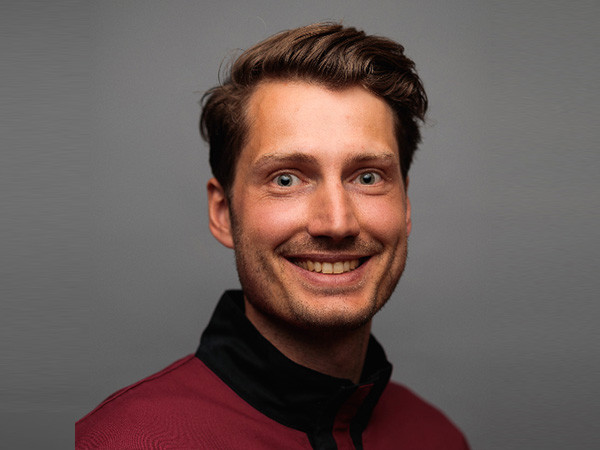
Thomas Wijnen
Netherlands | Mathematics and Physics & Astronomy, scuba diving and parachute license
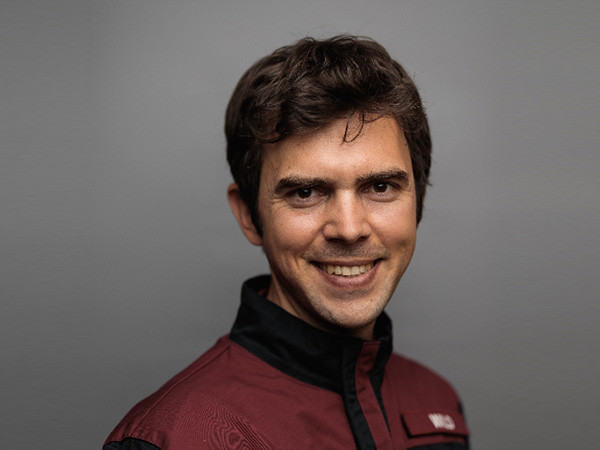
Robert Wild
Austria | Physics, Wilderness First Responder, Advanced Open Water Diver
VIDEOS
MISSION LOGBOOK
Exclusive! Follow the mission here.
Preparation and assembly phase
4 - 10 October 2021
Gernot Groemer, the Director of the Austrian Space Forum and one of the leaders of the mission AMADEE-20, shows us how the assembly of the Martian base in Israel's Negev desert took place.
Presentation
Makhtesh Ramon crater
The first 'Martians'
Rover Mercator (It was named after Gehrard Mercator, the first cartographer)
Communications with 'Earth'
Presentation of AMADEE's Teams
8 - 10 October 2021
Sophie Gruber, from AMADEE-20's Leadership Team
Dominik Rabl, Science Data Officer, Mission Support Centre
Seda Oezdmir, Remote Science Support Team Leader
Jessica Corujeira, Principal Investigator of the MEROP experiment
Lara Watermann, University of Bremen, INTERTEAM
Annabelle Miehlitz, Space Psychologist, Mission Support Centre
Start of isolation phase
11 October 2021
Commander João Lousada and his mission in the habitat
Reinhart Tlustos, Flight Director, Flight Control Room
Videos of Commander João Lousada
Welcome to the habitat!
StemRad radiation protection waistcoat
Extravehicular Activities Day (EVA Day)
Thermal suit and medical examination
Tests with the ExoSkeleton
Aouda space suit - Part I
Aouda space suit - Part II
Starting the EVA
Walking on "Mars"
Returning to the habitat
CIÊNCIA VIVA
Greeting messages from Rosalia Vargas, the President of Ciência Viva's Agency, and Manuel Heitor, the Minister of Science, Technology and Higher Education in Portugal, wishing the AMADEE-20 crew a safe journey and congratulating them on their Mars-like mission!
SCHOOLS
Several schools from across the country were invited to present their projects and share their classroom works on one of the AMADEE-20 experiences.
VIDEOS and REPORTS
PRESENTATION of the TEAMS
Six school teams participated in this project: AEROSCAN (from Moimenta da Beira), Just Ordinary Students Experimenting ( J.O.S.E .; from São Julião da Barra), Project Mars GEOS (Meleças), AEROSCAN (Vialonga), SHARE (Algueirão) and MOOVE (Vialonga).
AEROSCAN (Moimenta)
Moimenta da Beira's School Group
Teacher Paulo Sanches
A class of 12th grade students (secondary, 16-18 year-olds)
J. O. S. E. (Just Ordinary Students Experimenting)
São Julião da Barra's School Group
Teacher Cristina Pinho
10th, 11th and 12th grade students from the Science Club (secondary, 14-18 year-olds)
Project Mars GEOS [trad. Projeto Marte GEOS ]
Vasco da Gama College in Meleças (Sintra)
Teachers: Ondina Espírito Santo, Catarina Vilelas Costa and Francisco Gomes
9th grade students (low-secondary, 13-15 year-olds)
AEROSCAN (Vialonga)
Primary and Secondary School of Vialonga
Teacher Helena Paixão
A class of 8th grade students (low-secondary, 12-14 year-olds)
SHARE
School Mestre Domingos Saraiva from Algueirão School Group
Teacher Vera Leonardo
A class of 9th grade students (low-secondary, 13-15 year-olds)
MOOVE
Primary and Secondary School of Vialonga
Teacher Cátia Santos
A classs of 6th grade students (low-secondary, 10-12 year-olds)
4 October 2021
FIRST WEEK
AEROSCAN (Moimenta)
Rockets to Mars!
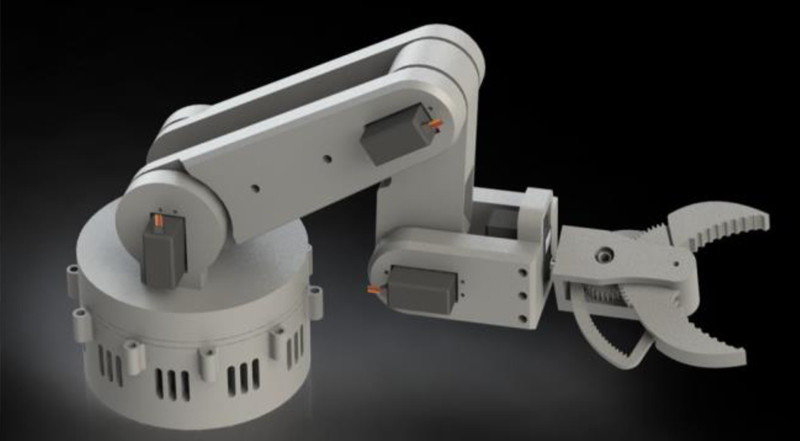
J. O. S. E.
Construction of the 3D model of a robotic arm and a 3D glove, which will be used to control the robotic arm. ( English report available; just click on the image )
Project Mars GEOS
Proposal to study the rock formation of Mars to better understand its past.
AEROSCAN (Vialonga)
Simulation of Mars ground observation from an orbiting probe.
SHARE
How to communicate with robots? Conclusions obtained from the classroom experiments.
MOOVE
What is it like to live in the ISS? How does water behave in Space? How do astronauts eat and drink?
11 October 2021
SECOND WEEK
AEROSCAN (Moimenta)
In search of a Mars-like terrain in Moimenta da Beira, from the classsroom's Control Center.
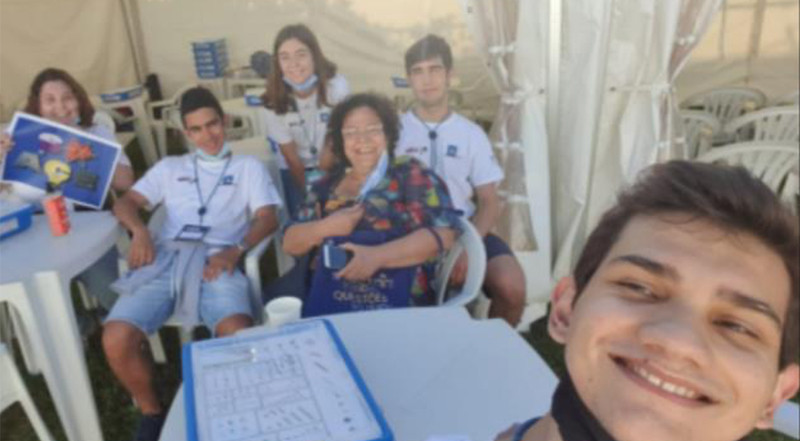
J. O. S. E.
In search of sponsorship and support. Participation in FIC.A - International Science Festival. ( English report available here; just click on the image )
Project Mars GEOS
Study of terrestrial rock samples to better understand Martian rocks. Evolution study of Mars' magnetic field over time.
AEROSCAN (Vialonga)
Simulation of a path taken by a rover to explore the surface of Mars.
SHARE
Testing the astronauts ' peripheral vision, rotation and laterality while blindfolded (please see the photo gallery below) .
MOOVE
What do astronauts eat and drink in the ISS? (continued)
18 October 2021
THIRD WEEK
AEROSCAN (Moimenta)
Preparations for fieldwork.
J. O. S. E.
Study visit to the Institute for Systems and Robotics in Lisbon. Online conference with Jessica Corujeira, Ph.D, from the MEROP experiment (More Effective Remote Operation of Planetary ground robots using multimodal interfaces).
Project Mars GEOS
Study of the Z2 space suit, taking into account the characteristics of Mars' climate.
AEROSCAN (Vialonga)
Conclusions: Pros and cons of using a satellite, a drone or a rover.
SHARE
Studying and deciphering communication codes and final conclusions. (please see the photo gallery below)
MOOVE
How does our digestive system work in Space? What are the toilets in the ISS like?
25 October 2021
FOURTH WEEK
AEROSCAN (Moimenta)
Simulation of the rescue of an analogue astronaut on Mars. Conclusions and acknowledgements.
J. O. S. E.
Construction of the robotic arm and insertion of the respective motors and sensors. A final video with the final results of the project is yet to be published.
MOOVE
Conclusions!
2 November 2021
PHOTO GALLERY
Photos taken by the teams during their classroom school projects.
MISSION REPORT and FINAL UPDATES

The AMADEE-20 Mission Report
Published on January 8, 2022. Including: Mission description and logbook, scientific experiments, media reports, photos and references to ESERO PT's outreach and education activities.
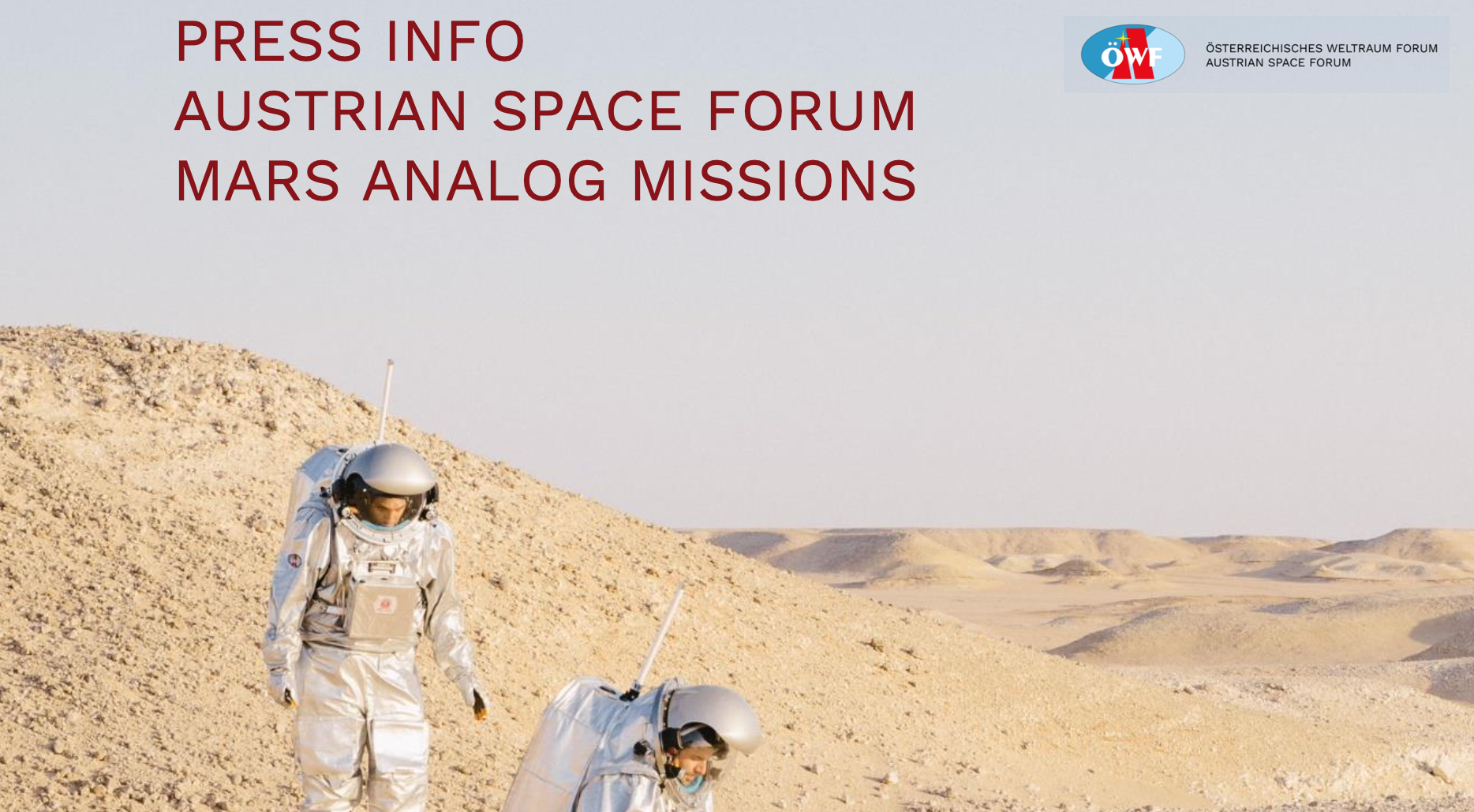
Press Info on Mars Analogue Missions
Science and Technology intents of Mars Analogue Missions and presentation of the Austrian Space Forum.
End trailer of AMADEE-20 Mission
Some of the best moments of AMADEE-20's Mars Mission, a result of a collaboration between the Austrian Space Forum, the Israel Space Agency and 25 countries. Portugal was one of those nations.
WEBINAR
ONLINE and FACE-TO-FACE event
Breaking News! The Webinar with João Lousada, AMADEE-20 Mission Commander, is scheduled for the 6th April 2022, Wednesday, at 10.30am. This event is exclusive for the teams that participated in the challenge launched by ESERO PT to the Portuguese schools and will last approximately 1h30.
João Lousada will tell the participants what this experience meant to him, both personally and professionally, and he will be available to answer the students' questions.
ATTENTION: The link for the webinar will be announced soon here.
ABOUT THE MISSION
AMADEE-20 aims
The AMADEE-20 mission presents an excellent opportunity to:
- Study equipment behavior involving the simultaneous usage of instruments with the option of humansin-the-loop (via two high-fidelity spacesuit simulators, portable system, etc.);
- The development of platforms for testing life-detection or geoscience techniques, robotic support tools for human missions and concepts for high situational awareness of remote support teams;
- Studying the analog as a model region for their Martian counterparts;
- Serving as a catalyst to increase the visibility of planetary sciences and human exploration;
- Evolving the know-how of managing human mission to Mars deploying a realistic model for Mission Support center – Astronaut actions and the encompassing decision-making framework.
About The Austrian Space Forum (OeWF)
Austrian Space Forum is one of the world’s leading institutions conducting Mars analog missions, thus paving the way for the future human exploration of the Red Planet. Experts from a broad variety of disciplines as well as the spaceflight sector constitute the core of the OeWF’s continued endeavors that on a regular basis include national and international institutions from science and industry to work at the cutting edge of scientific research. In doing so the Austrian Space Forum is using its excellent contacts to opinion leaders, politics and media to further and internationally propagate Austrian top-level research. The Austrian Space Forum also contributes significantly to inspiring and educating young people in the sectors of science, technology and engineering. The OeWF offers internships to students and pupils, its experts supervise scientific papers on a regular basis.
What is Analog Research?
“Analog research is designed to test concepts, working procedures and equipment to find the weak spots so the actual mission can be realized as safely as possible,” says Dr. Gernot Grömer, Administrative Director of the Austrian Space Forum and continues, “the purpose of simulating a Marsmission on Earth is to prepare for future crewed missions on the Red Planet. To perform the experiments, the OeWF is one of only five research groups worldwide that has developed a prototype spacesuit which is worn by the OeWF’s analog astronauts during their mission.”
TEACHING RESOURCES
More information soon.





